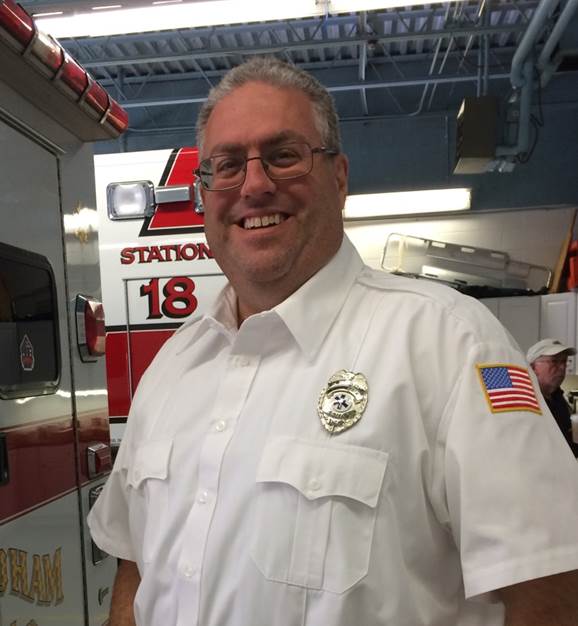|
Well, actually... don't! There's no doubt that we've got to master the signs and symptoms, and associated interventions, of both respiratory and cardiac emergencies. Every situation we face starts with assessing the ABC"s -- Airway, Breathing, and Circulation -- as these represent true emergencies, where it really can be a matter of life-or-death.
Respiratory and cardiac emergencies are very closely related, as issues in one area can have a detrimental, even fatal, impact to the other.
While the heart is responsible for pumping blood through the lungs for oxygenation, and then moving the oxygenated blood itself to the tissues and organs throughout the body, it is itself a muscle that also requires oxygenated blood to effectively pump. So any disruption in how the body is obtaining and utilizing air through the upper and lower airways (including the lungs) can cause issues for the heart as well. And things roll downhill quickly from there on... Because having to perform CPR means that someone is having a really, really, really bad day....
0 Comments
With the first set of EMT written and practical tests behind us (Ashley, our Cadet member, and myself both scored very well...thanks to all who offered their well wishes!), our classwork moves on to a more focused set of lectures on medical emergencies, and their associated care and treatment options.
While we are told not to diagnose underlying causes of illness, in practice, EMTs play a very key role in uncovering critical signs and symptoms of those underlying medical issues through our history-taking activities (the aforementioned "million questions"), which we provide to medics and hospital staff as part of our transfer of patient care. The questions also guide us in developing an index of suspicion for what may be happening with our patient, allowing us to be more aware of the risks for cardiac, respiratory or neurological issues that may develop while we are in transport. Classwork this week focused on the various causes of respiratory distress. If you love to read a good detective story, this set of coursework is for you. The textbook almost reads like a good mystery novel, filled with similar signs and symptoms for many different potential causes of dyspnea (or shortness of breath). And only by combining the practical lung sound skills we're learning to listen for, with other vital signs (including pulse rate and blood pressure), key medical history, and signs and symptoms from our observations and the patients own behaviors and expressed issues, can we reach a clear index of suspicion on key underlying possibilities to be aware of. Well, not quite a million, perhaps. But a lot.
If you've ever had the need for an EMT's help, you've probably experienced the barrage of questions we ask. And we consider it a really good start when you're awake, alert, and able to answer those questions. Before our EMT classwork can start to talk about interventions for specific injuries or illnesses, it's important for us to identify what, exactly, we're dealing with. And while it's often easy to get the basics when you have a conscious and lucid patient, that isn't always the case. EMTs are drilled to take a specific step-by-step approach, called assessments, in order to ensure we first focus on critical life-threats, and then (and only then) identify and prioritize other issues our patients may be having. These assessments break down to the Primary Assessment (done when we first arrive on the scene), the Secondary Assessment (which may be done on scene, in the ambulance), and re-assessments as needed or warranted by the specific issues and interventions being undertaken. At this point in my EMT course work, we're starting to practice these assessment skills, linking signs and symptoms to the knowledge of anatomy we've been learning, before we move and transport patients anywhere else. And it comes with learning a bunch of mnemonics, such as AVPU, SAMPLE/OPQRST, and DCAP-BTLS (just to name a few), to ensure we don't miss any critical information. |
AuthorJon Alperin, one of our MFAS volunteers, shares his journey to becoming an NJ certified EMT. from the Start
Here is Jon's journey, presented in time order:
Archives
June 2016
Categories
All
|


 RSS Feed
RSS Feed
